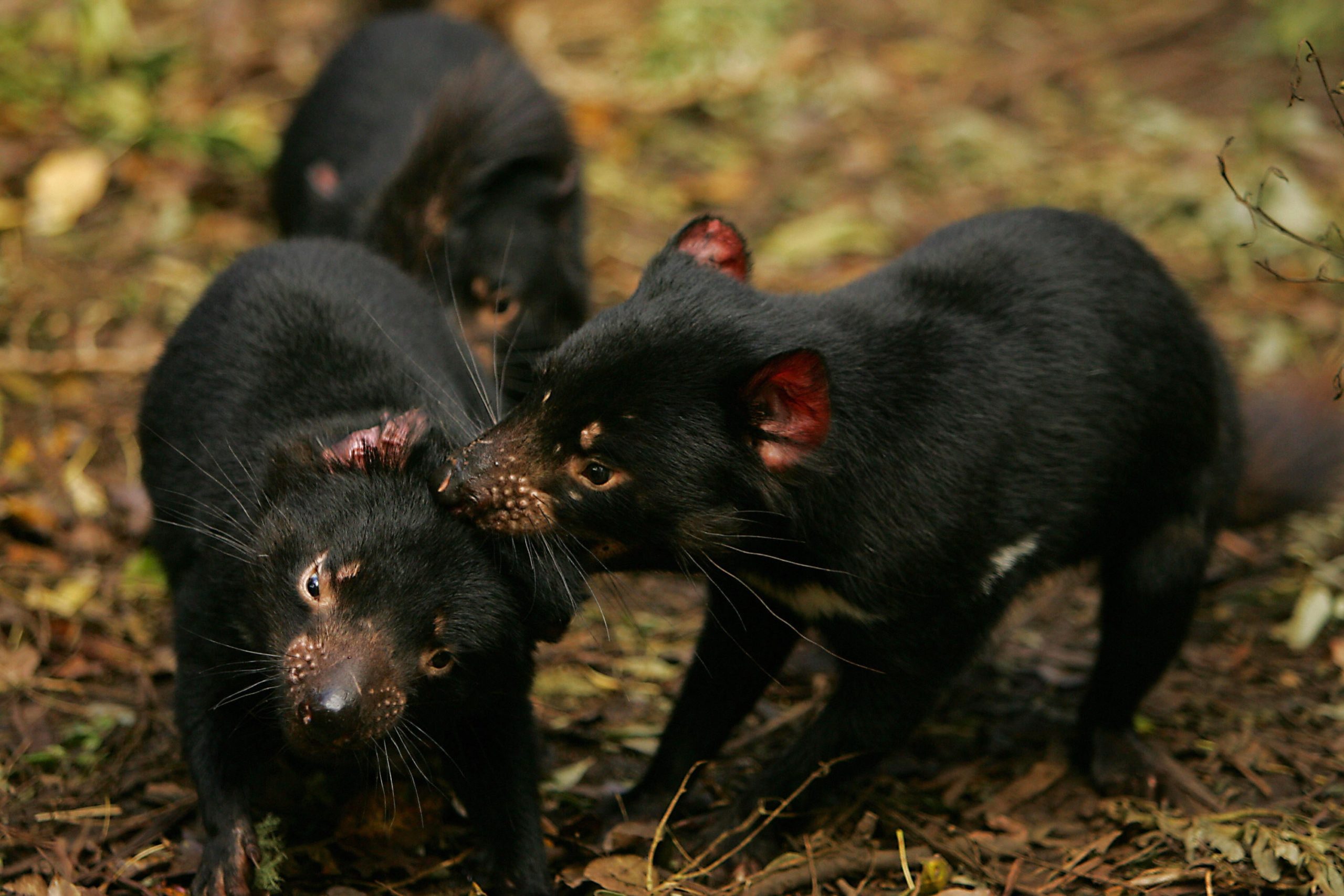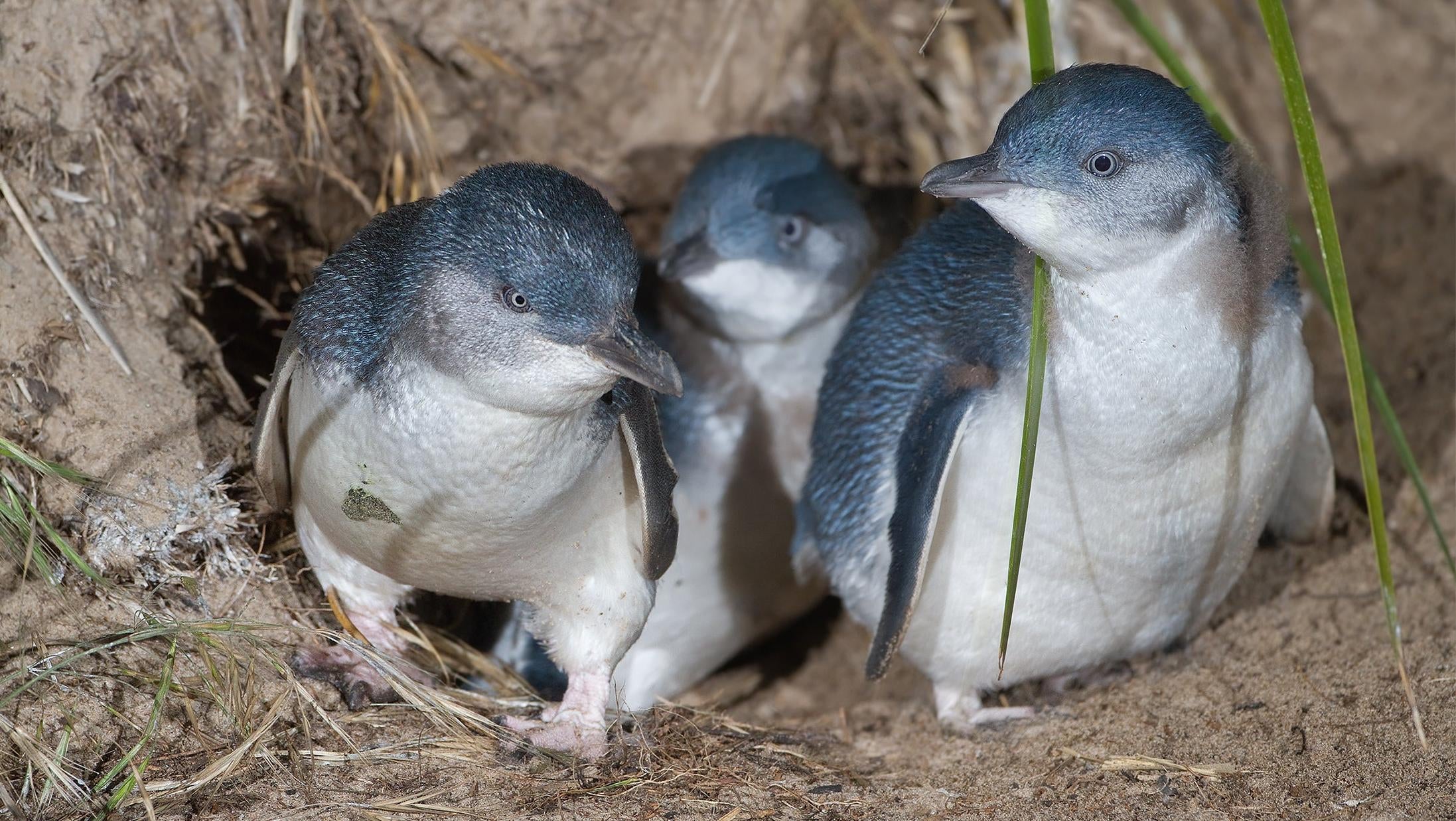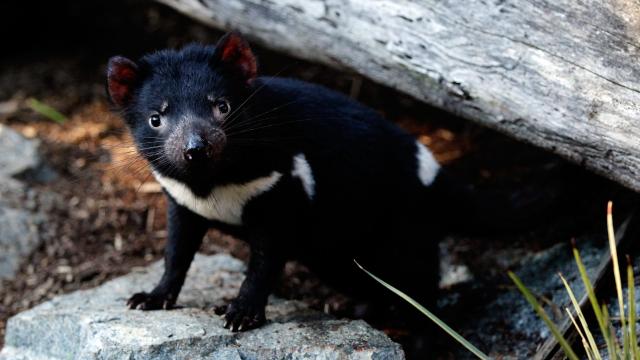A project established to conserve Tasmanian devils has backfired, as the carnivorous marsupials have been a little too successful in their new habitat. They’ve killed scores of seabirds since their arrival nearly a decade ago, according to the local branch of the Birdlife conservation organisation.
The devils were brought to Maria Island, just a few miles off the Tasmanian coast, in 2012, in an attempt to protect the animals from the contagious facial cancer that was threatening the species. At the time, the Tasmanian government released multiple reports mentioning the possibility of harm to the shorebird colonies, which included little penguins (Eudyptula minor) and shearwaters, a shorebird in the petrel family.
“It’s very clear that the devils have had a catastrophic ecological impact on the bird fauna on Maria Island,” Eric Woehler, a seabird ecologist at the University of Tasmania and a researcher for BirdLife Tasmania, told the BBC.

This is not to understate the danger facing the marsupials, though. The endangered species has been the largest carnivorous marsupial on Earth since the thylacine, or Tasmanian tiger, went the way of the dodo. The devil facial-tumour disease (DFTD) wiped out as much as 90% of the species since it was first identified in 1996; it spread easily because the devils bite each other with abandon during social interactions. Recent research has suggested the disease’s spread may be slowing, but that news has come a little late for the shorebirds of Maria Island.
Woehler told the BBC that the devils dealt an irreversible blow to the little penguin colony on the island, which had 3,000 breeding pairs when the carnivores arrived. All the penguins are now gone, and Woehler said that geese have been nesting in trees just to avoid the pint-sized devils. As noted on the Tasmania Parks & Wildlife Service website, the devils are roaming scavengers and are nocturnal, like the penguins they seem to have pushed off the island.
Research published last year in the journal Biological Conservation described how the devils thrived in their adopted home at the expense of shearwater colonies; that research noted that other predators of the birds, like possums and cats, were outcompeted by the devils. Woehler said he’d like to see the devil population on the island removed, given the success of other established populations, though a spokesperson for the Tasmanian government told the Guardian that the Maria Island population “remains an important part of the broader devil program.”

“You have a range of insurance populations around Tasmania and on the mainland of Australia [now],” Woehler told The Guardian. “I would argue that the removal of one insurance population will not have any adverse consequences for the devil.”
According to the Tasmania parks service website, Maria Island will be closed from June 27 to July 2 for routine maintenance and population control operations of the island’s macropods — animals like pademelons, kangaroos, and wallabies. Hopefully that time will give park workers a chance to take stock of the devils’ whirlwind of devastation and decide how to move forward in a way that benefits all species.
